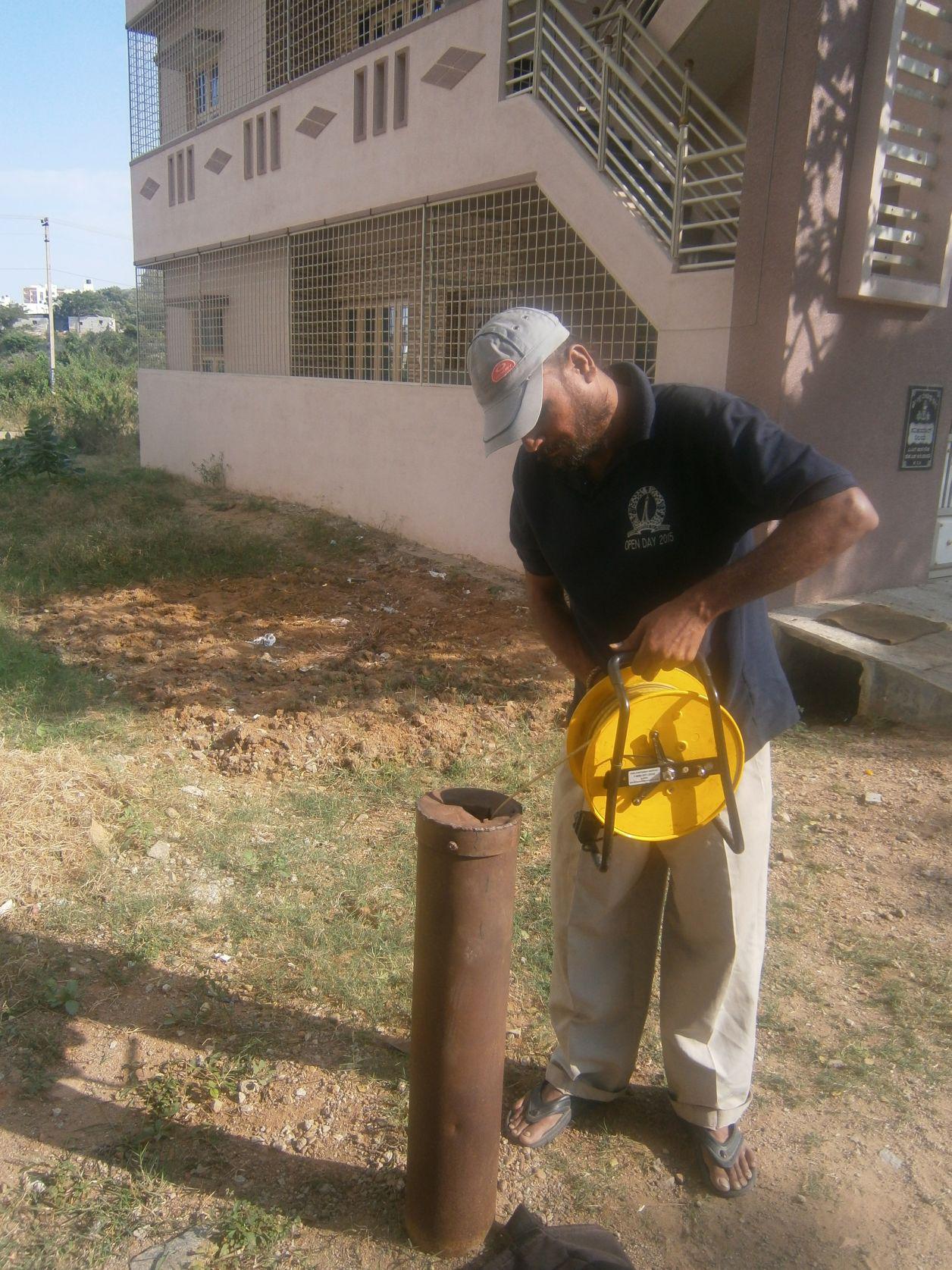Hello everyone!
In 2024, I celebrate 10 years that the BUMP website has been operational!
With my departure from the Stockholm Environment Institute (SEI) – from Jan 1 2024 – this site will now be maintained by myself and supported by my environmental firm, “Leafbird Consulting LLC”.
I aim to keep this site running. If you would like to help, there are at least 2 ways:
- You can help fund the costs involved in keeping the website going.
- I would love to collaborate with you on the urban metabolism of Bengaluru and other Indian cities. Please contact me to co-produce additional knowledge on urban sustainability that we can share on BUMP into the future.
I thank everyone who has been part of this journey, and invite you to keep going with me!
With warm wishes for a safe and happy 2024,
Vishal Mehta, PhD
Co-founder and Senior Consultant,
Leafbird Consulting LLC
Davis, California
